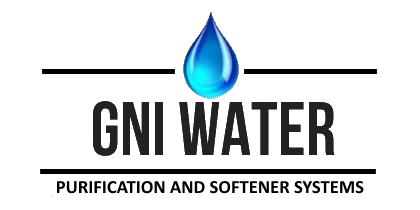For over 60 years chlorine has been the most extensively used disinfectant in the United States to kill organisms that cause waterborne diseases such as typhoid, cholera, dysentery, amebiasis, salmonellosis, shigellosis, and hepatitis A. It is the leading disinfectant for drinking water in most of the world. Ozone is now being used as the primary disinfectant in many drinking water treatment plants, largely in Canada and Europe. There is interest in the regulatory and scientific community concerning the use of chlorine composite to disinfect our drinking water. This comes from the adverse health effects, discovered in the early 1970’s, of the disinfectant by-products found in water as a result of them being used.
When chlorine id put in the water it reacts causes a chemical reaction with any organic material found in the water. There’s always organic matter found in natural water. By-products of this chemical reaction include trihalomethanes (THMs) such as chloroform. We do know that Chloroform is a clear, toxic liquid that can be used as a cooling agent, a solvent, an anesthetic and it is also a cancer causing agent. Some researchers have suggested that ozonation following treatment of chlorine with ammonia will reduce THM levels in water.
The benefits of treating our water supply with chlorine far surpass the danger associated with not treating the water or a less effective treatment. If our drinking water wasn’t treated it would constantly be infected by disease-causing microorganisms. Many deaths, sickness and agony are associated with untreated drinking water. There are feasible alternatives but they will cost more and the cost will be passed on to the consumer.
There are ways to remove these contaminants from our drinking water and the best way to do this without decreasing the drinking water ph, like what happens when using reverse osmosis, is to install a whole house water filtration system that utilizes activated charcoal.




